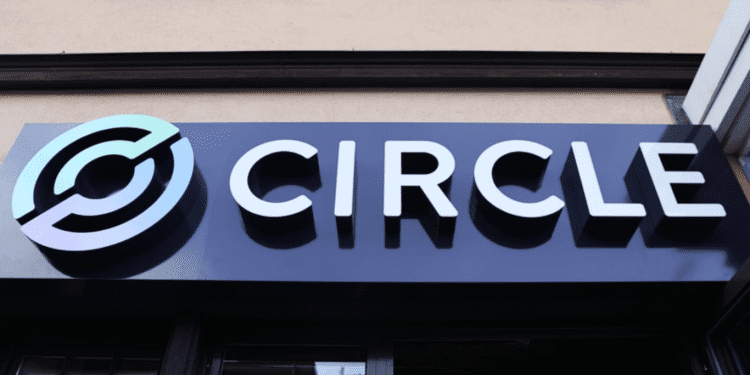- Circle has advised the European Banking Authority to use terminologies in the MiCA regulations.
- EBA has also been asked not to focus its guidelines on self-hosted wallets and not to label them as high-risk.
- The stablecoin issuer added that guidelines should be technology-neutral and follow principles established by MiCA.
Circle (USDC) has recommended that the European Banking Authority (EBA) make its guidelines technology-neutral and adhere to principles established by previously enacted EU legislation, such as the Markets in Crypto-Assets Regulation (MiCA).
This recommendation was in response to the public consultation by the EBA on the extension of the scope of its money laundering and terrorist financing (ML/TF) guidelines to crypto platforms. EBA is the banking regulator of the European Union (EU).
After reviewing the proposal, Circle through its EU Strategy & Policy Director, Patrick Hansen, posted a blog citing their observations, concerns, and recommendations. In the blog, the stablecoin issuer began by raising concerns over the proposal’s use of the phrase “providers of services in the crypto-assets ecosystem”.
According to Circle, the term’s definition is very broad and ambiguous and “lacks the necessary precision to exclusively comprise businesses subject to regulation under MiCA in the EU.” As a result of this vagueness, the term could also refer to companies that offer technical services, such as blockchain and web infrastructure which do not handle the flow of crypto assets.
Instead, Circle advised adopting the term “crypto-asset service provider” (CASP), which is specified by the MiCA regulations.
Circle also advised the EBA not to apply its guidelines to service providers who are not covered by MiCA’s regulatory purview. “The fact that they are left out of EU regulations indicates that they do not warrant financial, prudential, and AML regulation in the EU and should therefore not be subject to these EBA guidelines,” said Circle.
The USDC issuer also addressed self-hosted wallets emphasizing that using them was not necessarily a sign of high risk. According to Circle, self-hosted wallets are significant components of the blockchain ecosystem and provide a number of advantages, especially in terms of financial inclusion and payment system flexibility.
Citing the Financial Action Task Force (FATF) analysis from July 2021, the company argued that the information on illegal transactions involving self-hosted wallets is very erratic and that the findings highlighted a lack of agreement on the ML/TF dangers pertaining to these wallets.
Circle saw no need for EBA to handle these wallets in its guidelines, especially since the Transfer of Funds Regulation (TFR) already addresses the dangers associated with unauthorized transactions over self-hosted wallets.
Circle’s Proactive Stance
The public consultation in discussion was opened by the EBA in May to discuss the changes to its rules regarding the risk factors for money laundering and terrorism financing. The suggested modifications would include crypto-asset service providers under the guidelines’ purview.
The EBA is yet to respond to Circle’s review and the crypto community has its eyes peeled for what the authority has to say.
This is not the first time that Circle has collaborated with authorities to suggest changes. Its CEO, Jeremy Allaire, recently testified in front of Congress that more regulatory clarification is required for the crypto industry.
Circle also responded to the Bank of England, discussing its consultation paper on the digital pound. In essence, the consultation paper was meant to introduce the community to England’s CBDC, the Digital Pound. Circle applauded the decision, stating that stablecoins that are privately generated and subject to strict regulation are meeting the demands of the present economy.












